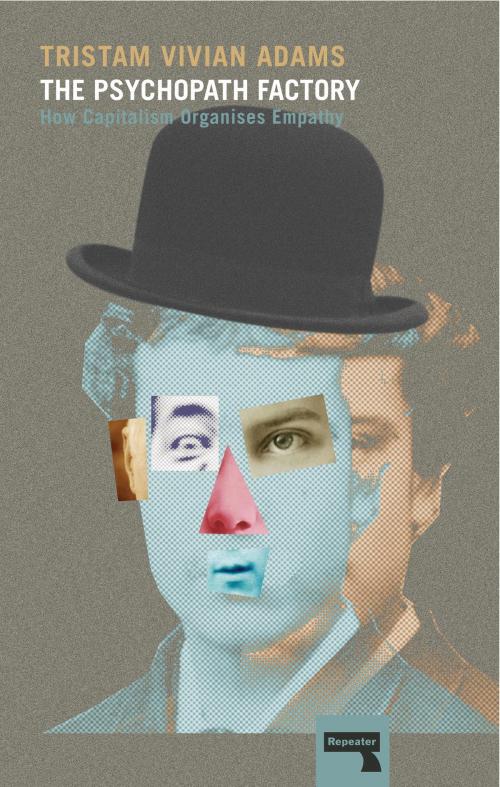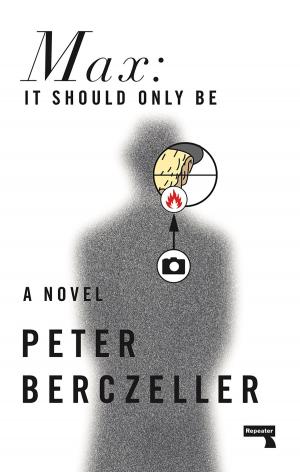The Psychopath Factory
How Capitalism Organizes Empathy
Nonfiction, Social & Cultural Studies, Political Science, Government, Communism & Socialism, Health & Well Being, Psychology, Social Psychology, Social Science| Author: | Tristam Adams | ISBN: | 9781910924419 |
| Publisher: | Watkins Media | Publication: | December 20, 2016 |
| Imprint: | Repeater | Language: | English |
| Author: | Tristam Adams |
| ISBN: | 9781910924419 |
| Publisher: | Watkins Media |
| Publication: | December 20, 2016 |
| Imprint: | Repeater |
| Language: | English |
The Psychopath Factory: How Capitalism Organizes Empathy examines how the requirements, stimuli, affects and environments of work condition our empathy. In some cases, work calls for no empathy – characters who don’t blink or flinch in the face of danger nor crack under pressure. In other cases, capitalism requires empathy in spades –charming, friendly, sensitive and listening managers, customer service agents and careers.
When workers are required to either ignore their empathy to-do a job, or dial it up to increase productivity, they are entering a psychopathic modality. The affective blitz of work, flickering screens, emotive content, vibrating alerts and sounding alarms erode our sensitivities whilst we are modulated with attention stimulants, social lubricants and so called anti-anxiety drugs. This is amidst a virulent and exacerbating climate of competition and frenzied quantification. Capitalism pressures us to feign empathy and leverage social relationships on one hand, whilst being cold and pragmatic on the other. We are passionate and enthusiastic whilst keeping a professional distance.
Sympathy, care, compassion and altruism are important; The Psychopath Factory: How Capitalism Organizes Empathy argues that itis a mistake to presuppose that empathy can achieve these. Rather than being subject to the late capitalist organization of our empathy, psychopathy could be a means of escape.
The Psychopath Factory: How Capitalism Organizes Empathy examines how the requirements, stimuli, affects and environments of work condition our empathy. In some cases, work calls for no empathy – characters who don’t blink or flinch in the face of danger nor crack under pressure. In other cases, capitalism requires empathy in spades –charming, friendly, sensitive and listening managers, customer service agents and careers.
When workers are required to either ignore their empathy to-do a job, or dial it up to increase productivity, they are entering a psychopathic modality. The affective blitz of work, flickering screens, emotive content, vibrating alerts and sounding alarms erode our sensitivities whilst we are modulated with attention stimulants, social lubricants and so called anti-anxiety drugs. This is amidst a virulent and exacerbating climate of competition and frenzied quantification. Capitalism pressures us to feign empathy and leverage social relationships on one hand, whilst being cold and pragmatic on the other. We are passionate and enthusiastic whilst keeping a professional distance.
Sympathy, care, compassion and altruism are important; The Psychopath Factory: How Capitalism Organizes Empathy argues that itis a mistake to presuppose that empathy can achieve these. Rather than being subject to the late capitalist organization of our empathy, psychopathy could be a means of escape.















